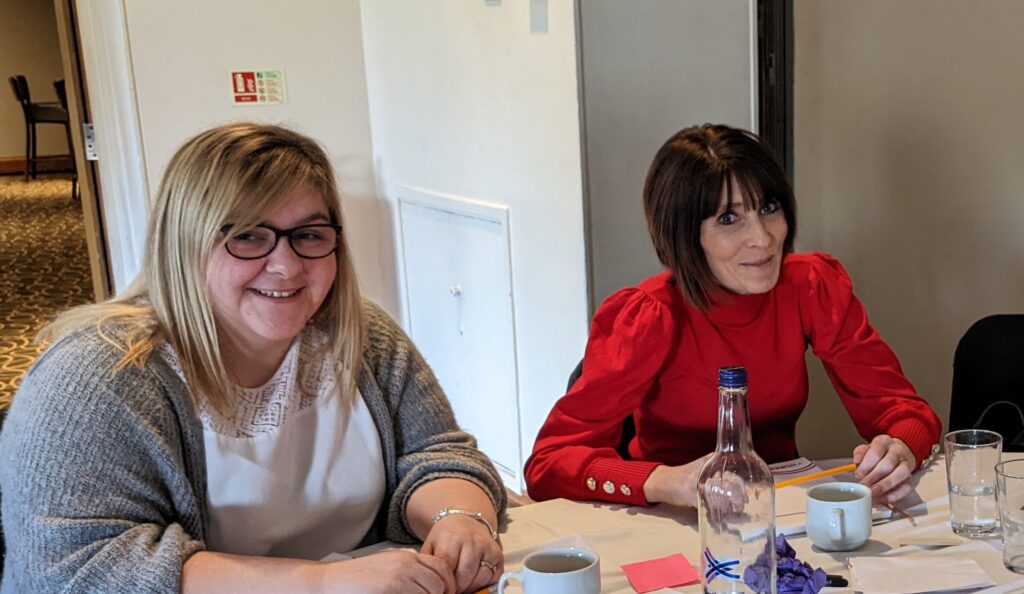We have all experienced the challenges of ‘flow in our organisation – the movement of patients, information or equipment between departments, staff groups or organisations is something that can cause serious delays. This is not unique to our Trust, improving patient flow is one of the greatest challenges facing healthcare globally. This is not something that can be solved by just working harder, or faster, we need to do something completely different.
Our Trust have embraced Quality Improvement (QI) as an approach to tackling difficult problems and the teams involved have achieved some amazing results, for example reductions in cardiac arrests, pressure ulcers and falls in care homes over the last two years. We want to apply the same principles to flow. Many wards are already doing great things and are seeing results.
One example, Ward 23 wanted to increase the number of patients discharged before 12 noon and to streamline their processes. They worked on a number of ideas, such as having a structured whiteboard to aid communication between staff, multidisciplinary team board rounds at specific times and a standard ward round pro-forma. They then had a number of key drivers that facilitated discharge, including early arrangements for transport, discharge summary, preparation of medication and, crucially, early conversations with families.
The team have increased the number of discharges before 12 noon to 34% from 17%, but also achieved an impressive reduction in length of stay from 8.9 to 6.7 days. This was in-spite of experiencing staffing issues and pressures on the ward. The 30-day re-admission rate has been monitored and remains stable.
Speaking about the initial success of the project, Sarah Wilkinson, Ward Manager on Ward 23 said: “Of course this work is important to the Trust, but for me it is about our patients. The driver for this is seeing my patients get home and not laid in bed. Getting them up, getting them out, getting them in to the place where they need to be.
“I feel a great achievement that we’ve reduced the length of stay from eight to six days because that means a patient’s been home two days earlier. Not only are we promoting that for the Trust but it’s better for the patients and they are where they need to be.”
Congratulations to Dr Rob McDonald, Sarah Wilkinson, Rachel Cronshaw on their successful improvement work.
The work of Ward 23 is now playing a key role in the new Ward Process Improvement Programme which launched two weeks ago, is bringing wards together to share good practice, tackling challenges that impact on all of us and learning the latest thinking in improvement science to drive positive change.
